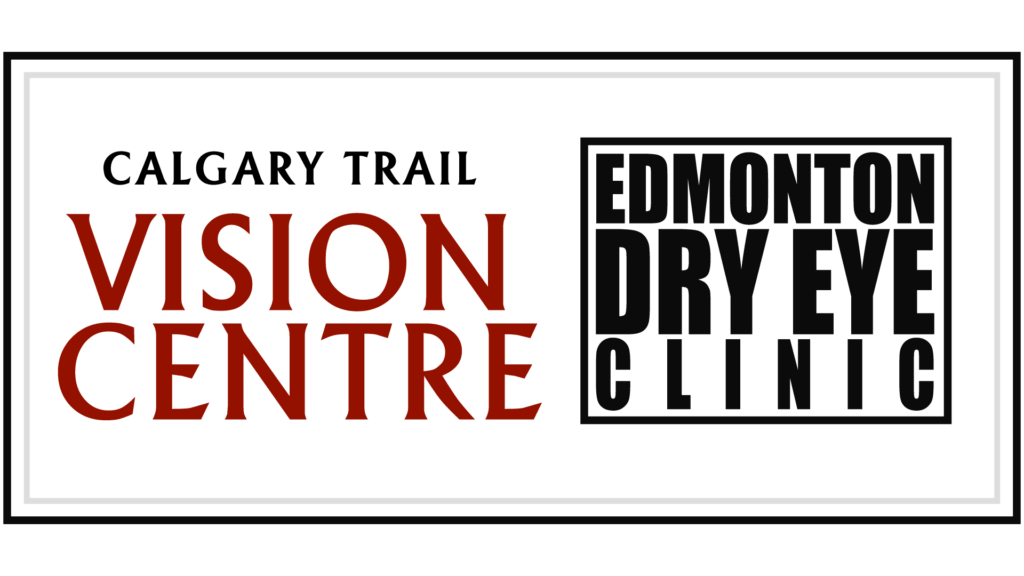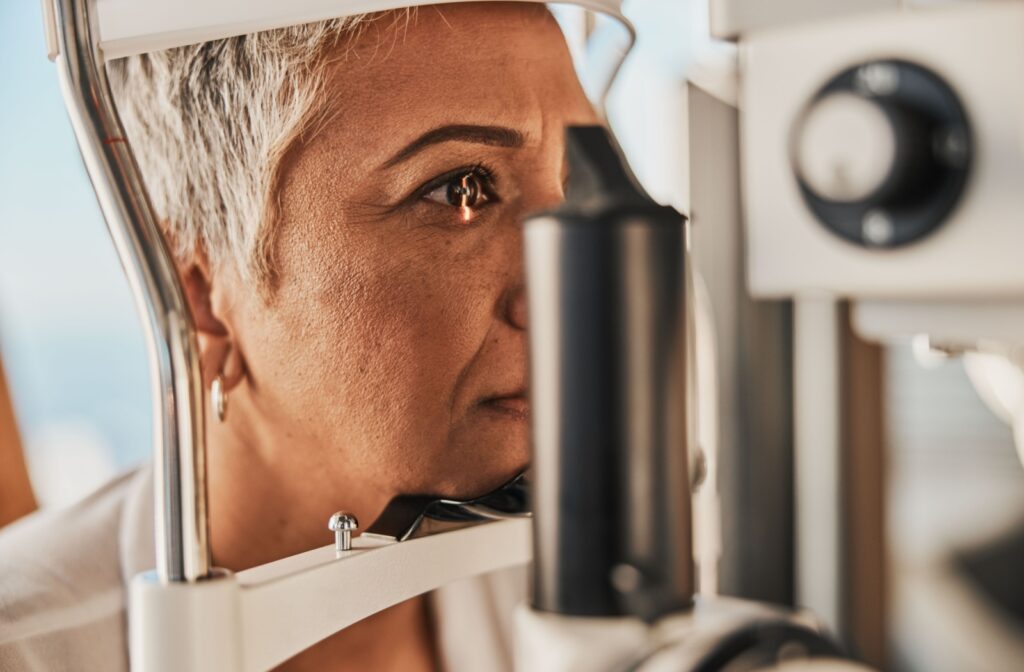Imagine waking up one day to find the world around you shrouded in a cloudy haze, colours dulled and light glaring painfully in your eyes. This is what living with cataracts can feel like—a gradual but undeniable loss of clarity.
It’s no wonder so many people worry about how fast cataracts progress and whether they could lead to blindness.While cataracts can result in severe vision impairment if untreated, complete blindness is rare, especially with timely medical care.
Understanding how cataracts develop, the treatment options available, and the importance of regular eye exams, is key to protecting your eyesight.
Slow & Steady Progression
Cataracts typically develop gradually, which makes it easy to overlook their early stages. At first, they may cause mild vision changes, such as difficulty seeing in low light or increased glare from lights. Over time, as the lens becomes more clouded, these symptoms can worsen, making tasks like reading or driving increasingly difficult.
The speed at which cataracts progress varies based on factors like age, genetics, and health conditions. For instance, people with diabetes or a history of eye injuries may experience faster cataract development. Environmental factors, like prolonged exposure to UV rays, can also accelerate the process.
Recognizing the Signs
Knowing the symptoms of cataracts can help you seek treatment before they severely impact your vision. Common signs include:
- Blurred or cloudy vision
- Fading or yellowing of colours
- Increased sensitivity to bright lights
- Seeing halos around lights at night
Regular eye exams are essential for monitoring changes in vision and identifying cataracts early, even before symptoms become disruptive.
How Cataracts Impact Your Daily Life
Cataracts can disrupt many aspects of your daily routine, gradually making once-simple activities more difficult. Here are some of the most common ways cataracts affect everyday life:
- Challenging everyday tasks: Reading small print, driving—especially at night due to glare and halos—and working on a computer can become increasingly difficult. Precision-based tasks like cooking or sewing may also feel more frustrating.
- Impact on simple pleasures: Activities like watching television, enjoying nature, or recognizing the faces of loved ones can lose their clarity and joy. This gradual loss can diminish your overall quality of life.
- Emotional and social effects: As cataracts progress, the loss of independence often leads to feelings of frustration or isolation. Social activities may feel less accessible, increasing emotional challenges.
By addressing cataracts early, you can prevent these disruptions, maintain your independence, and continue enjoying the activities you love most.
Why Early Detection Matters
Early detection of cataracts is critical for managing their progression and ensuring effective treatment. Regular eye exams allow for the early identification of cataracts, even before symptoms become noticeable.
Catching cataracts in their early stages means your eye doctor can monitor their development and recommend lifestyle changes or treatments to slow their growth.
Delaying care can result in cataracts reaching a more advanced stage, making surgery more complex. Furthermore, untreated cataracts can sometimes mask or exacerbate other eye conditions, such as glaucoma or macular degeneration, complicating overall eye health.
Staying proactive with regular check-ups ensures that any changes in your vision are addressed promptly, giving you the best chance at preserving your sight.

The Risk of Vision Loss
Cataracts can significantly impair vision if left untreated, potentially leading to functional blindness. This means a person may struggle to perform daily tasks like recognizing faces, reading, or driving safely.
However, cataracts rarely cause total blindness. Instead, they obstruct light from passing through the lens to the retina, resulting in increasingly blurry vision.
The good news is that functional blindness caused by cataracts is reversible with surgery. Addressing cataracts early reduces the risk of long-term vision loss and ensures a quicker recovery process.
Cataract Surgery
Cataract surgery is a routine procedure with a high success rate, and it’s the only effective way to restore vision once cataracts have progressed. During surgery, the clouded lens is replaced with a clear artificial lens, which dramatically improves sight.
Recovery is usually quick, with most patients experiencing significantly better vision within a few days. While surgery is highly effective, delaying treatment can allow cataracts to worsen, potentially complicating the procedure. This makes regular check-ups and timely intervention vital.
Preventive Measures to Protect Your Vision
Although cataracts are a natural part of aging, there are steps you can take to slow their progression:
- Wear UV-protective sunglasses: Prolonged exposure to ultraviolet light can accelerate cataract formation.
- Maintain a balanced diet: Foods rich in antioxidants, such as leafy greens and fruits, support eye health.
- Quit smoking: Smoking has been linked to an increased risk of cataracts and other eye conditions.
- Control chronic conditions: Managing health issues like diabetes can reduce the likelihood of rapid cataract progression.
Take Control of Your Eye Health
Cataracts develop gradually, and while they can severely impair vision, modern treatments like surgery make it possible to restore sight effectively. Being proactive with your eye health, such as scheduling regular exams and adopting preventive habits, is essential for preserving clear vision.
If you’re experiencing symptoms of cataracts or have concerns about your eye health, Calgary Trail Vision Centre is here to help. With diagnostic tools and personalized care, we’re dedicated to safeguarding the vision of all Edmontonians.
Book an appointment today to take the first step toward clear, healthy eyesight.


